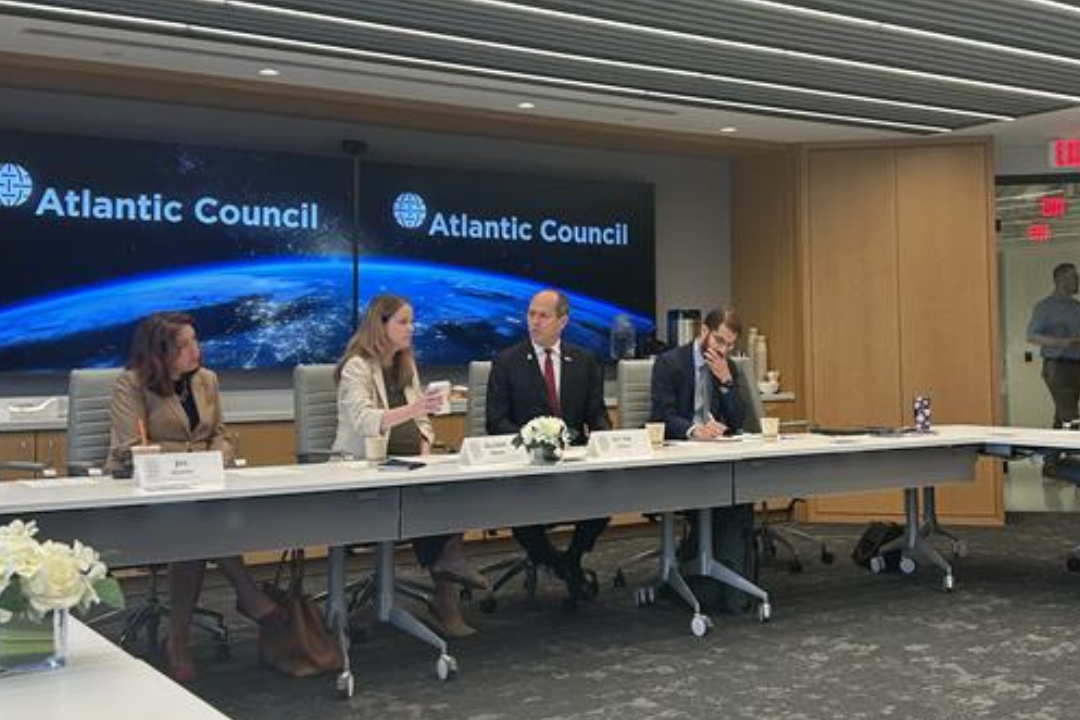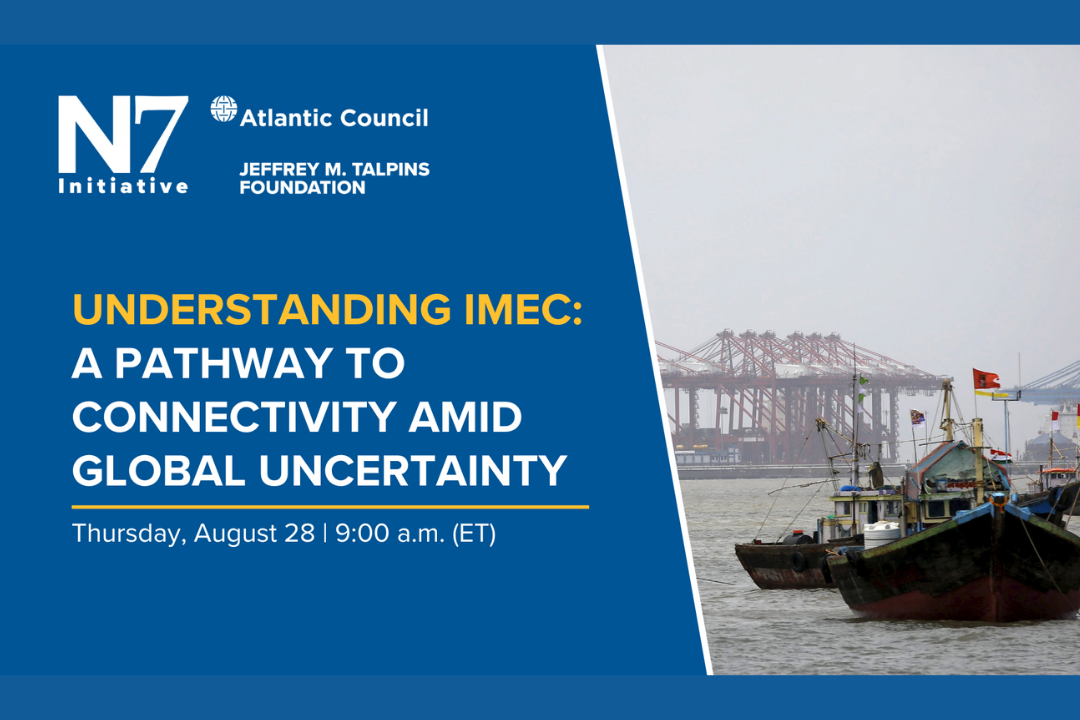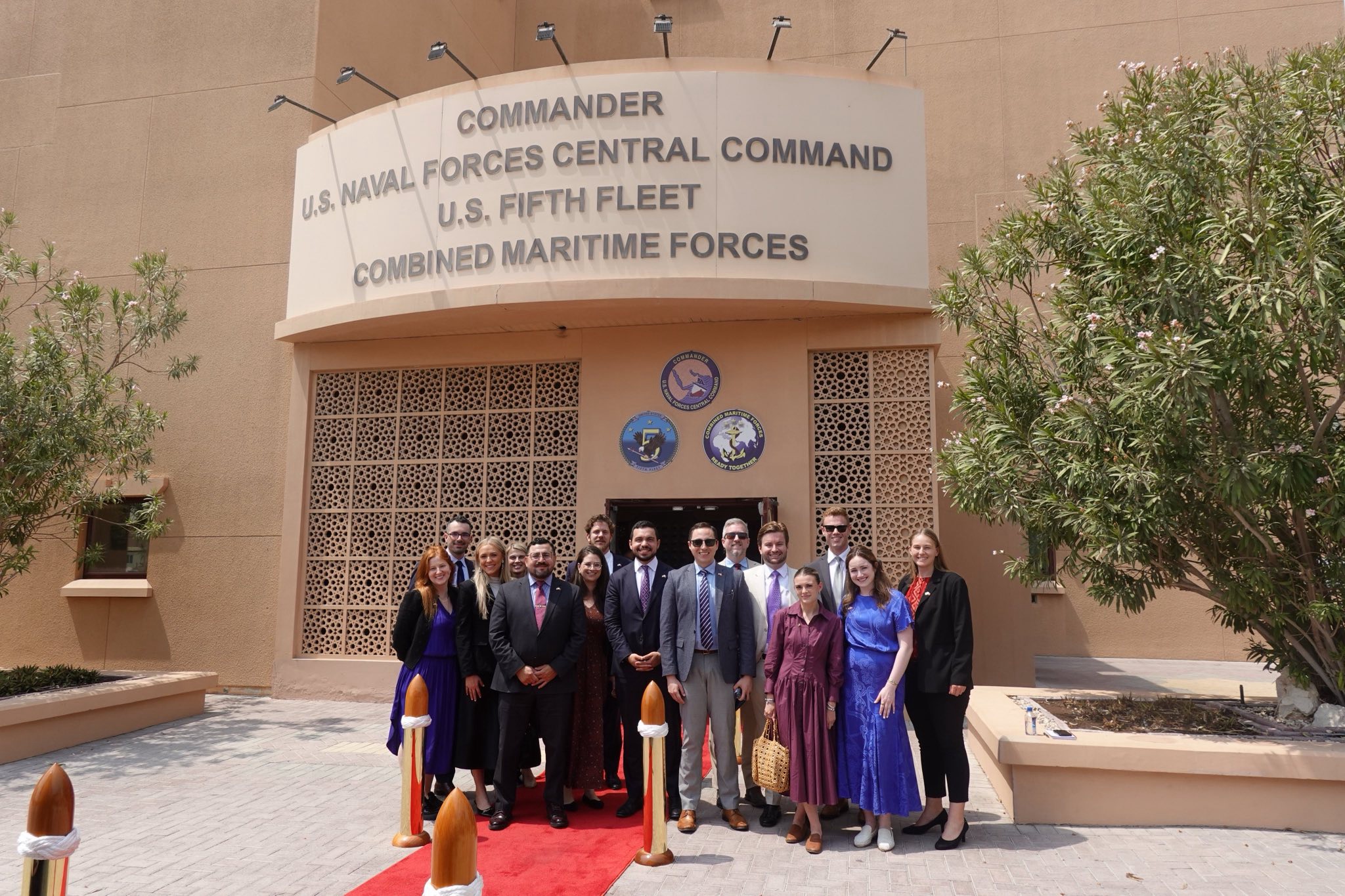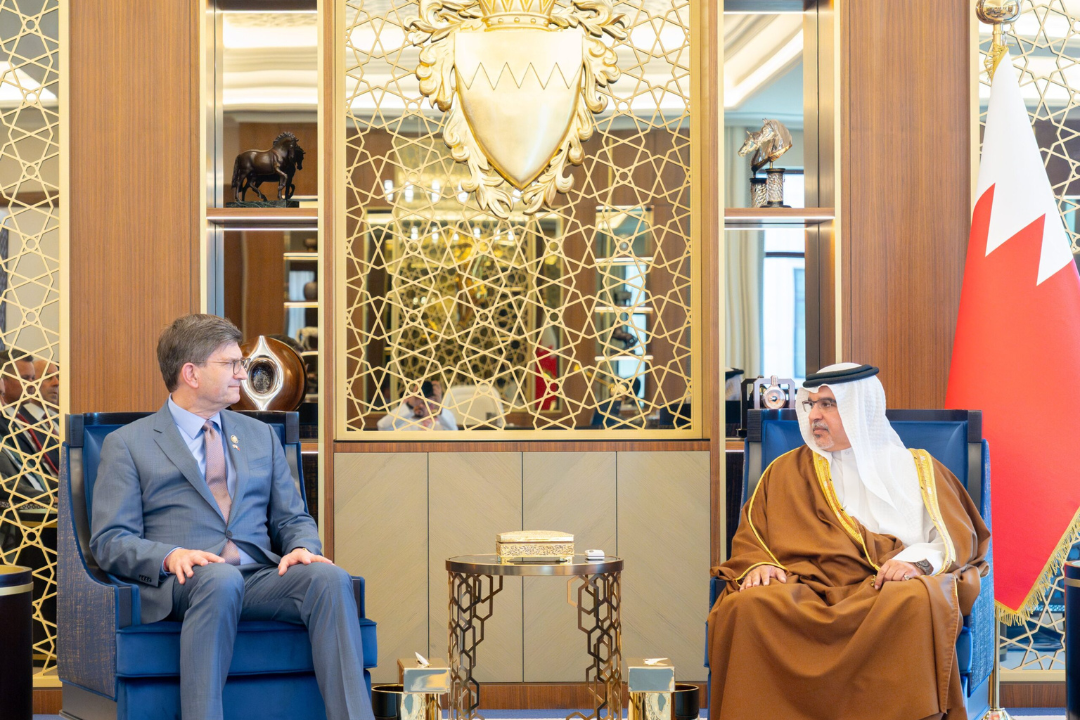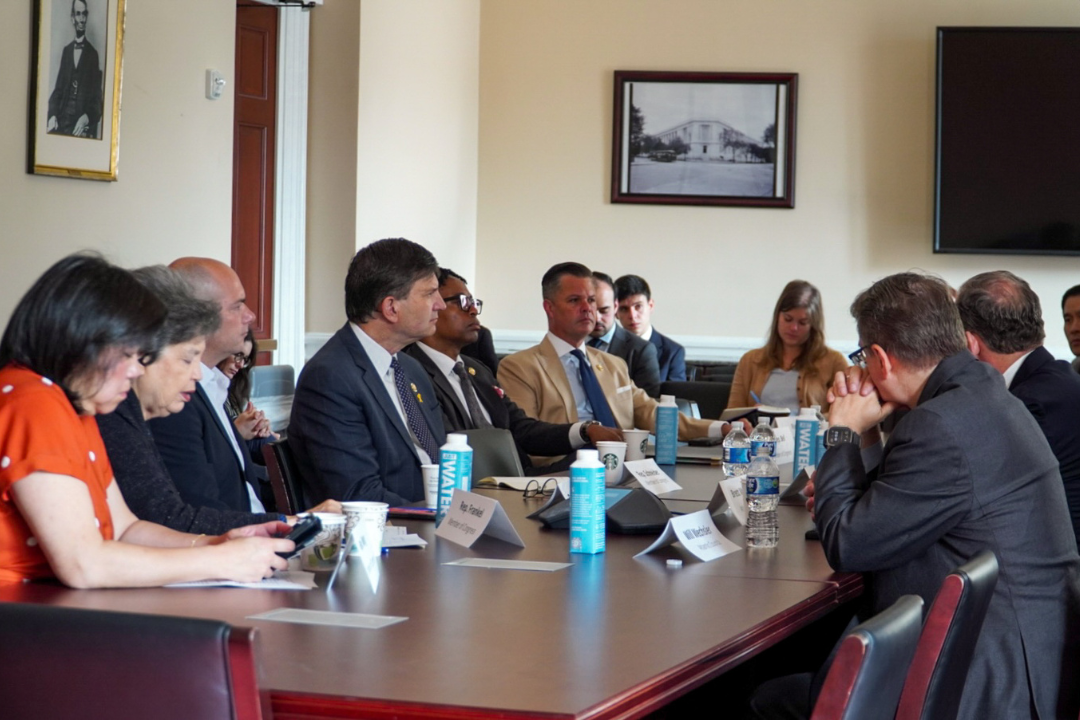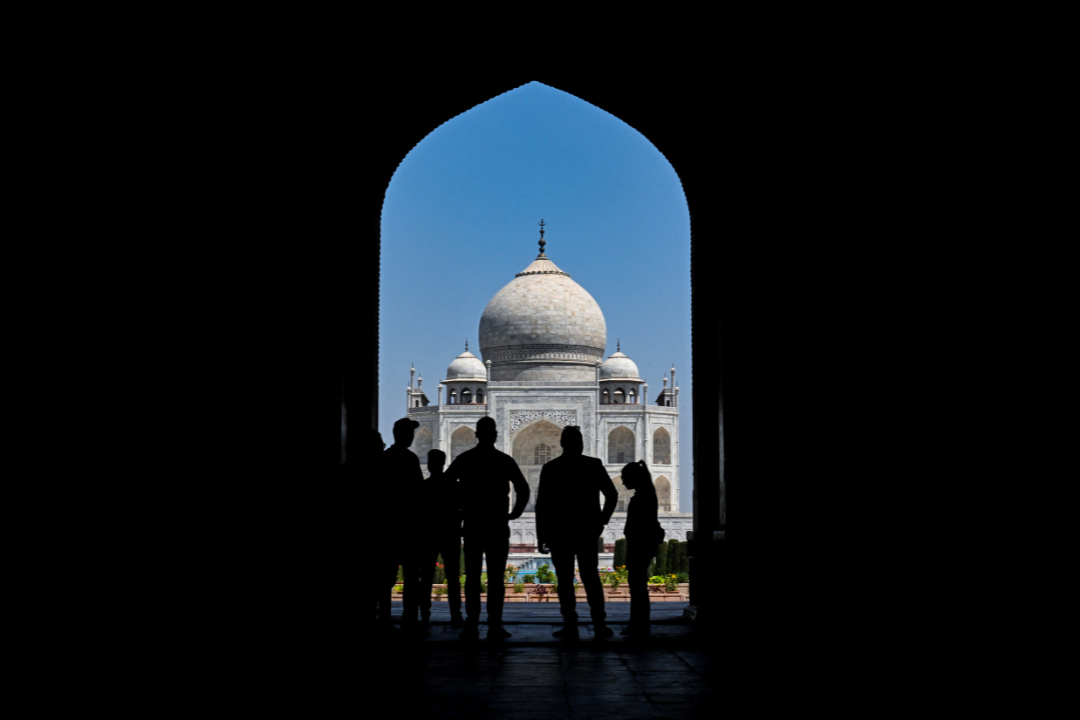On Thursday, August 28, at 9:00 a.m. ET, the N7 Initiative, a partnership between the Atlantic Council and the Jeffrey M. Talpins Foundation, hosted N7 Initiative experts, government officials, and private sector leaders to explore the past, present, and future of the India-Middle East-Europe Economic Corridor (IMEC).
Launched at the 2023 Group of Twenty summit in New Delhi, the IMEC is well-positioned to become a consequential regional integration and infrastructure initiative in the coming decades, reinforcing supply chain security and connectivity between a diverse set of countries in Asia and Europe.
This event marked the launch of a comprehensive and timely report on the promise and pitfalls of the IMEC project, culminating in actionable recommendations for the future of the initiative.
This event was streamed live on Atlantic Council TV, YouTube, Facebook, and X.
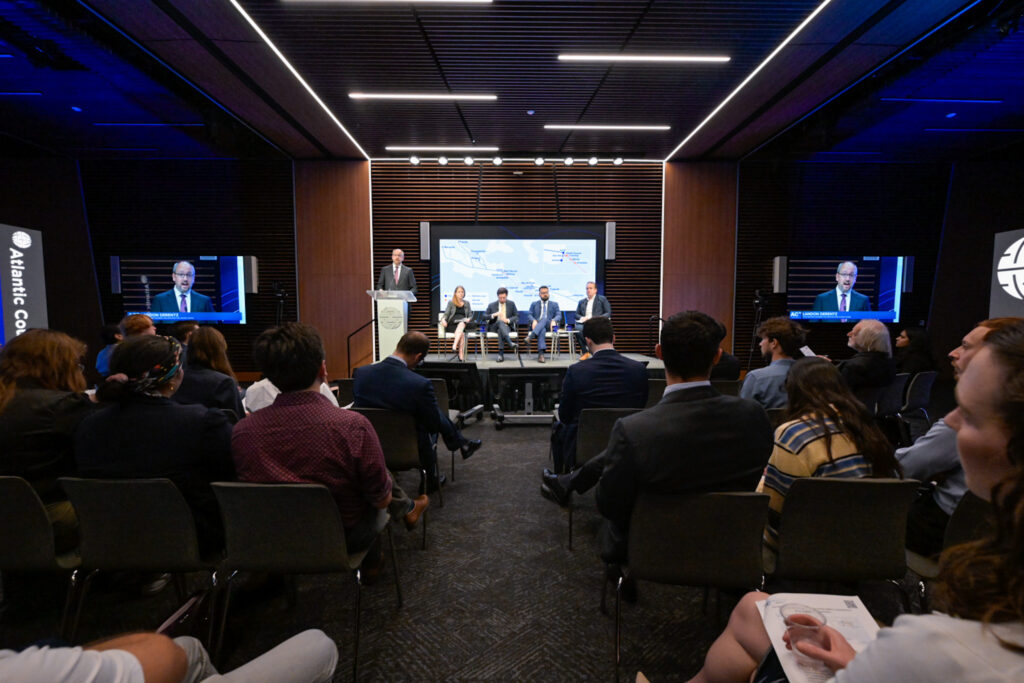
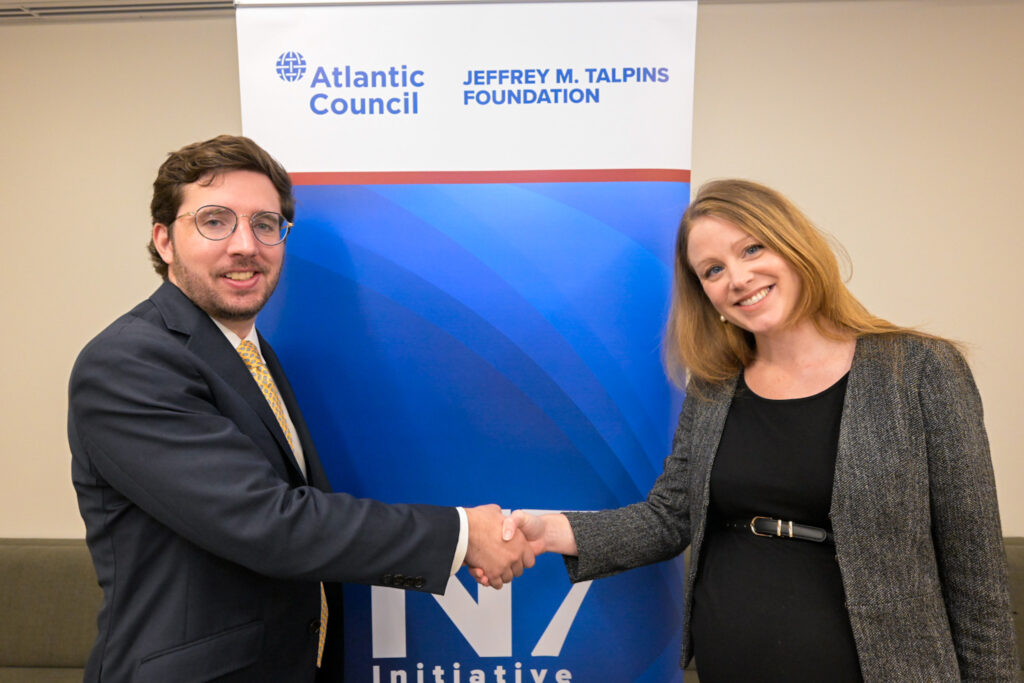
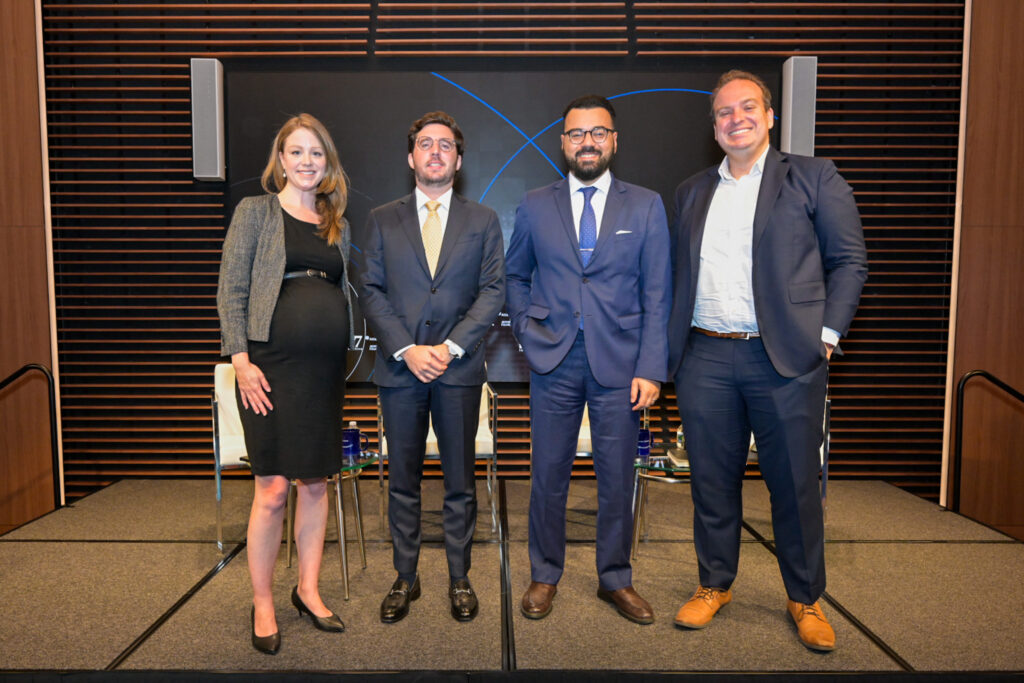
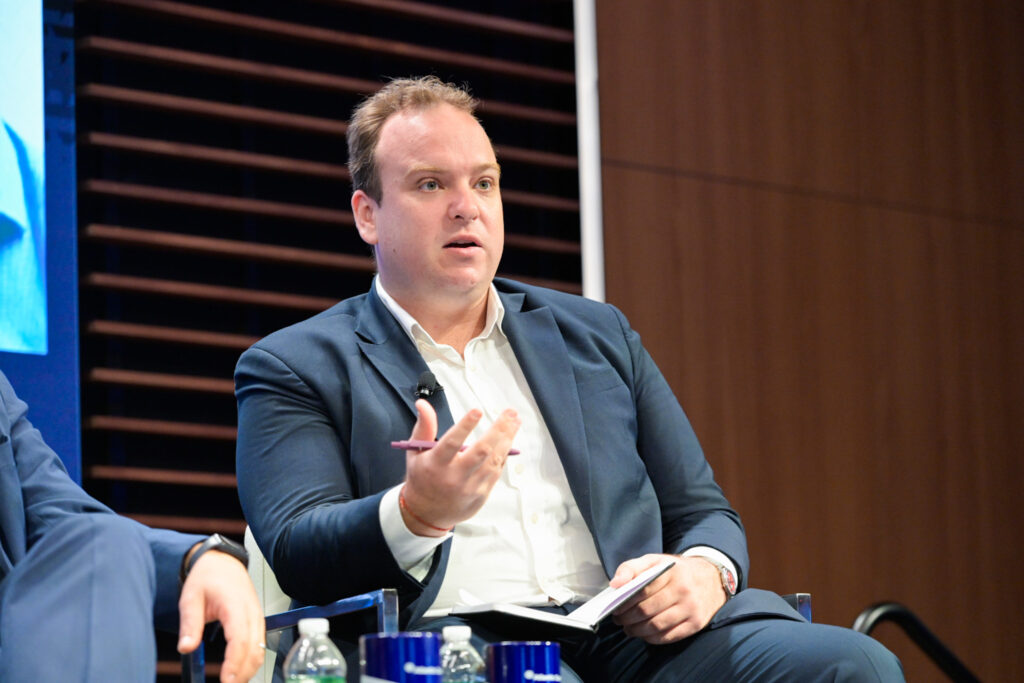
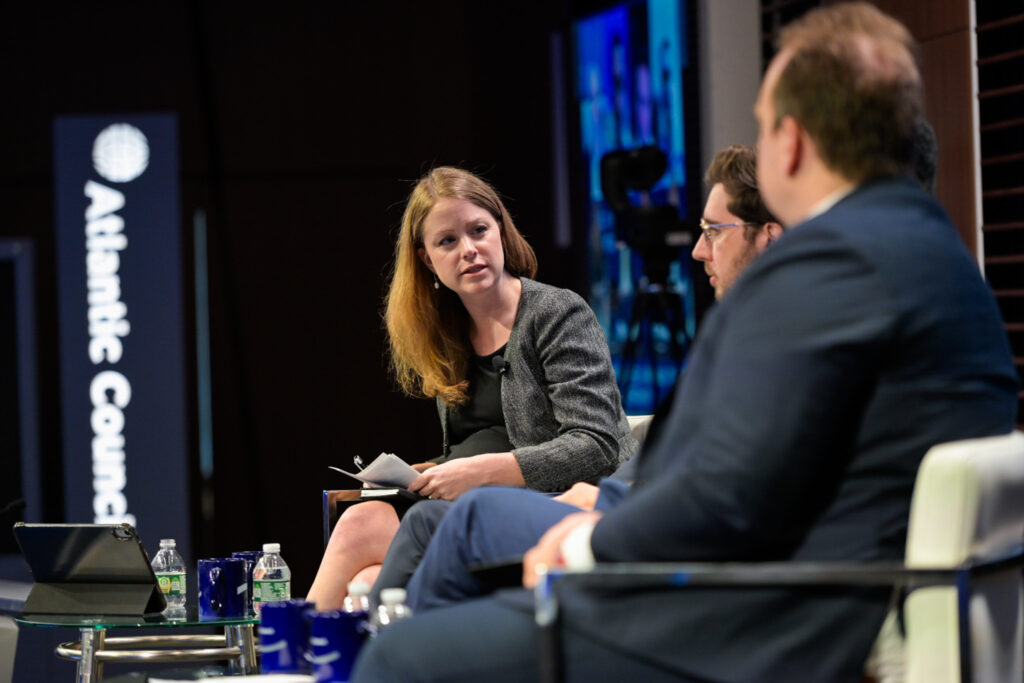
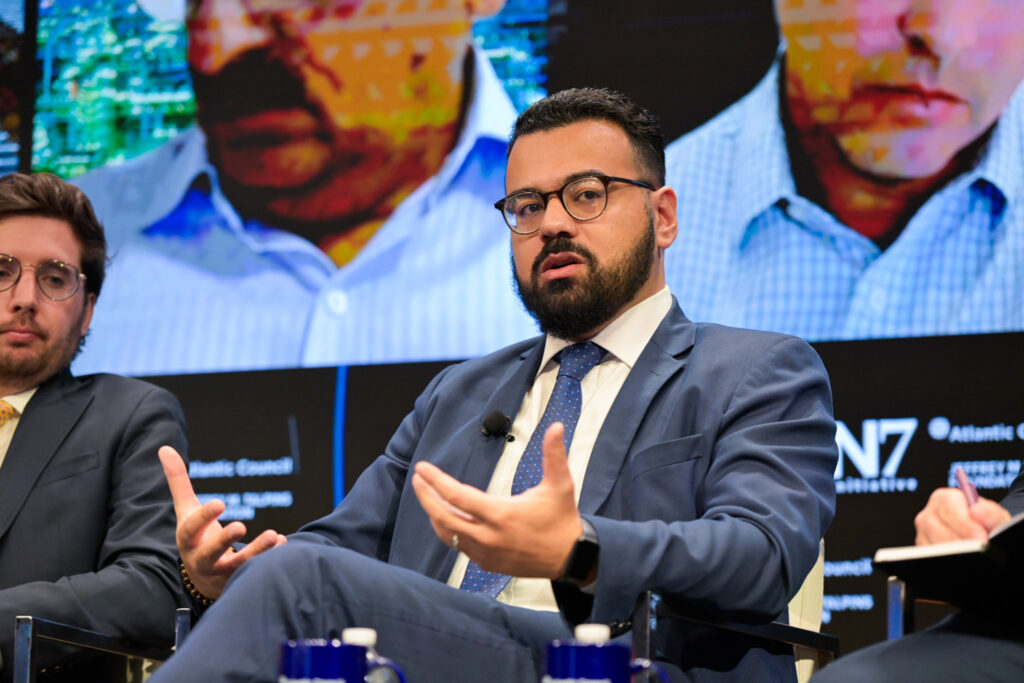
Opening Remarks
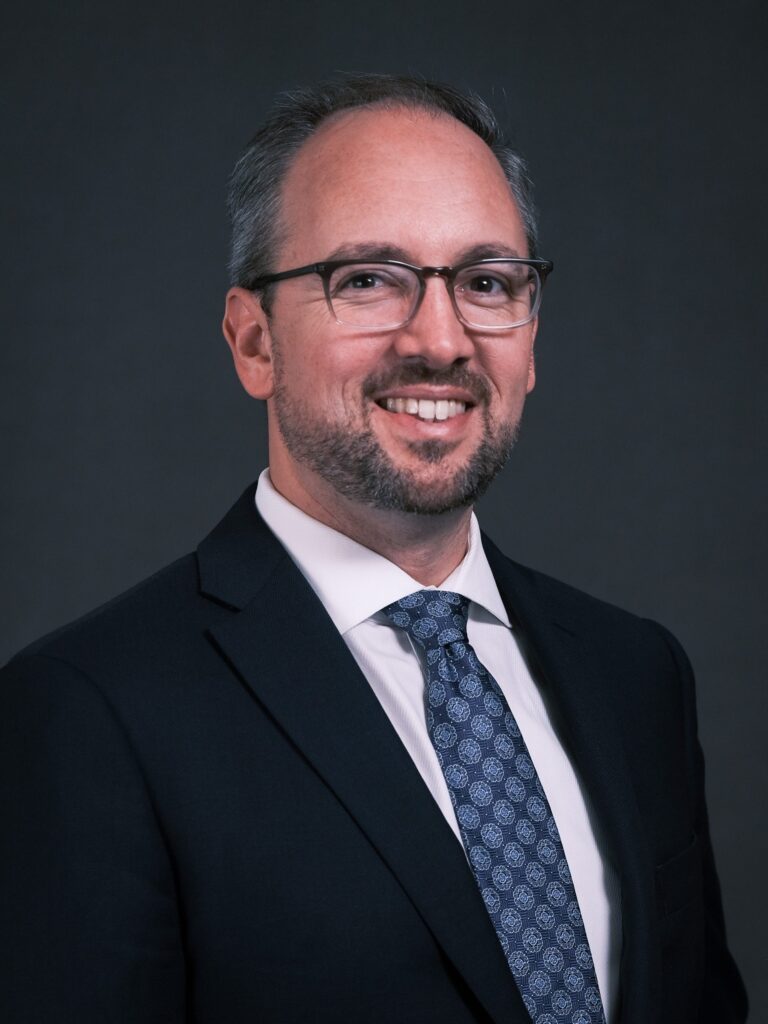
Landon Derentz
Vice President for Energy and Infrastructure
Atlantic Council
Speakers
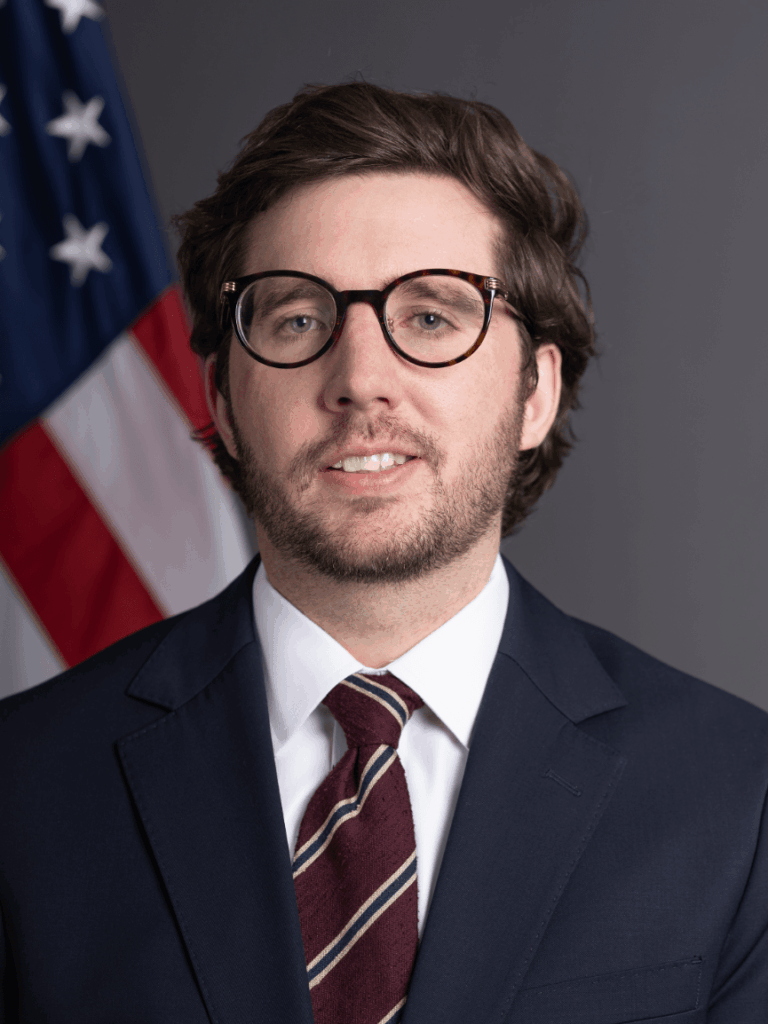
Dane Johnston
Acting Deputy Assistant Secretary
Bureau for Near Eastern Affairs
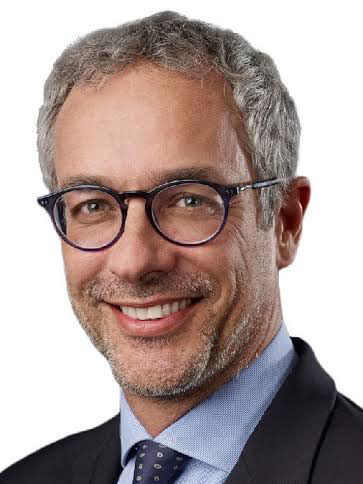
Marco Arcelli
Chief Executive Officer
ACWA Power
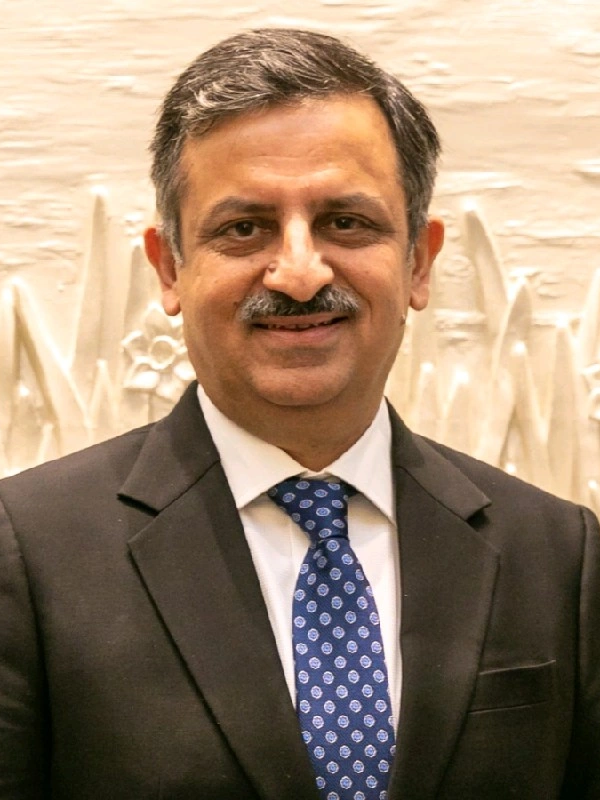
Rajan Luthra
Head of Special Projects
Reliance Industries, LTD
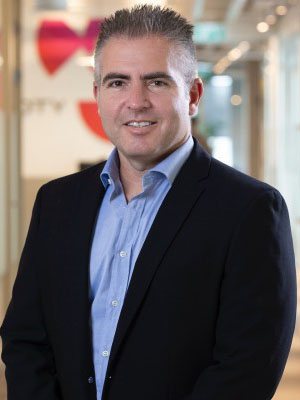
Udi Bar Sela
Chief Financial Officer
Claroty
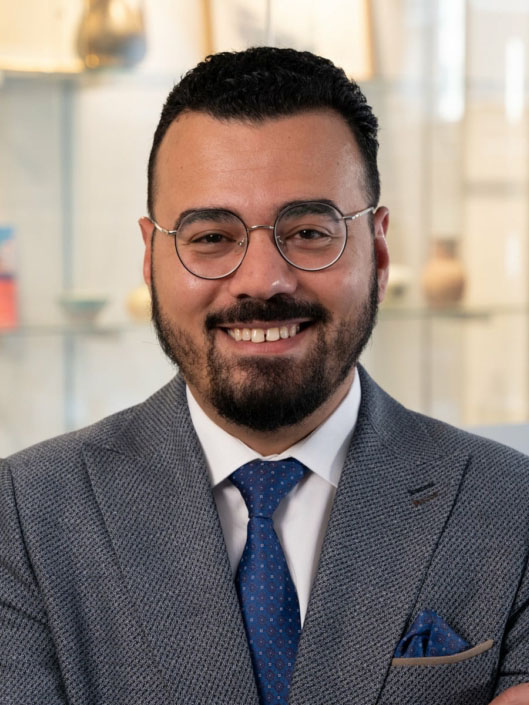
Mohammed Soliman
Mclarty Associates;
Author, West Asia: New American Grand Strategy in the Middle East
Moderator

Allison Minor
Director
N7 Research Institute, Atlantic Council
Related Content

REPORT: The India-Middle East-Europe Economic Corridor: Connectivity in an era of geopolitical uncertainty
Afaq Hussain and Nick Shafer
Weeks before the war in Gaza broke out, India, Europe, the US, and Gulf nations announced plans for an economic corridor linking the EU and India through the Gulf via rail, fiber optic cable, and pipelines. N7 Initiative experts ran the cost-benefit numbers and they’re clear: Washington should put the IMEC back on the global agenda this year.


